Scandal-hit South African president faces ouster by ruling party
South Africa’s President Jacob Zuma has come under intense pressure to step down before his term ends in 2019 over corruption allegations, as his own ruling party calls for a meeting of top members to discuss a “transition.”
In a Monday statement, the ruling African National Congress (ANC) called for an emergency meeting of its National Executive Committee — the only party body that can oust Zuma — to discuss what it described as the “management of the transition” from Zuma to a newly-elected party leader, Cyril Ramaphosa.
The 75-year-old president resisted calls to step down over persisting corruption allegations on Sunday, as his enemies maneuvered against him, insisting that he must quit the presidency ahead of the state of the nation address scheduled for Thursday.
Zuma was replaced as party leader in December 2017 with his 65-year-old deputy, Ramaphosa, who will become president if Zuma is recalled by the ANC’s executive committee in the meeting planned for Wednesday.
And if the committee reaches consensus to recall Zuma, he will stand little chance to remain in power as he might be faced with a no-confidence motion in parliament the following day.
The South African president, however, still has his supporters within the ANC, including three of the top six. Thus, nothing is certain for now.

There were scuffles between small groups of pro- and anti-Zuma protesters outside of the ANC headquarters on Monday.
The developments come as many among ANC members worry that unless Zuma is promptly removed, the party’s support in next year’s polls could dwindle. However, the party is divided on the issue.
Long-running corruption charges were dropped against Zuma by prosecutors weeks before South Africa’s 2009 election, paving the way for him to assume the presidency that year.

However, the charges have since been revived by a court. Several other senior ANC figures have also been implicated in the corruption scandal related to French weapons maker Thales.
Moreover, critics complain that Zuma allowed his friends from a powerful business family — the Guptas — to acquire so much influence that they “captured” the state.
A forthcoming commission of inquiry into the influence of the Gupta family is likely to turn up embarrassing revelations for the South African president and his son, Duduzane, who was in a business partnership with the family.

Ramaphosa is a former union official that turned to business following his failing campaign to succeed Nelson Mandela in 1999.
Ramaphosa also represented South Africa last month at the World Economic Forum in Davos, Switzerland, vowing to crack down on corruption and dismissing plans for a nuclear power deal — bolstered by Zuma — saying the country could not afford it.
Zuma is not the first South African president to face ouster during his term of office. Former President Thabo Mbeki was also forced to quit by the ANC in 2008, nine months before his term was due to conclude, in a move orchestrated by Zuma’s supporters.

Moroccan port workers protest Maersk ship carrying F-35 parts to Israel
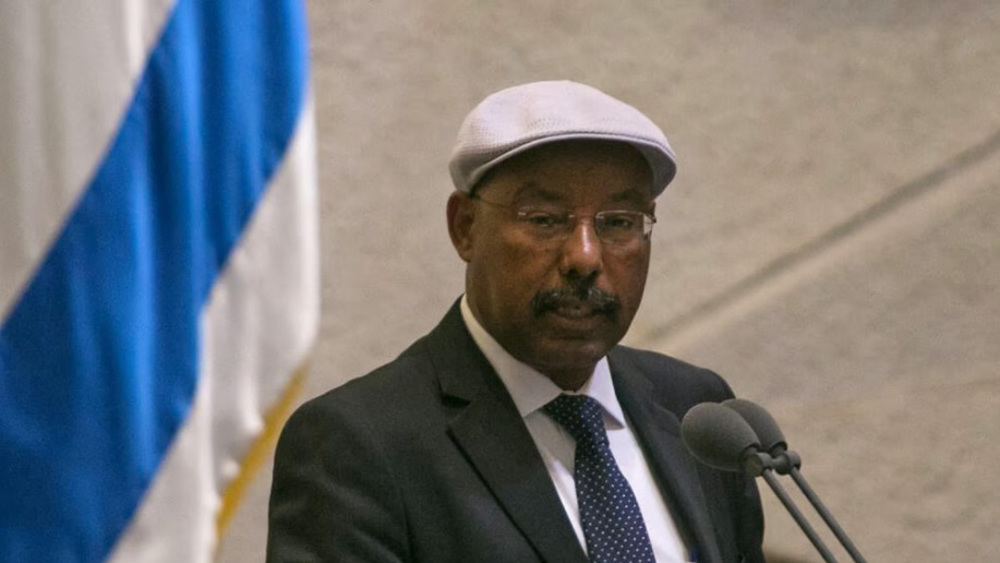
Top Israeli diplomat expelled from African Union summit
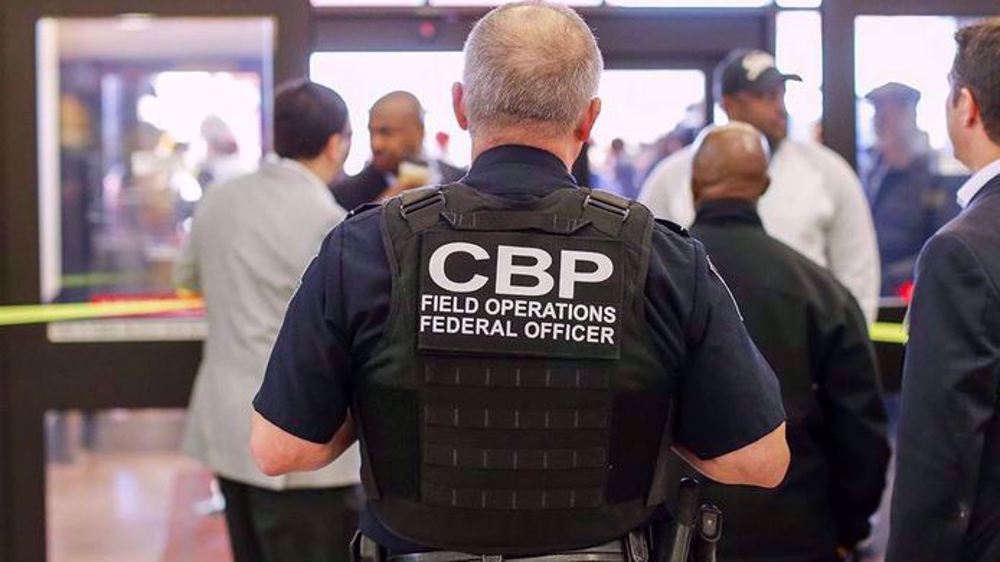
US revokes all visas held by South Sudanese passport holders
India, Pakistan exchange fire across Kashmir border for fourth night
‘Systematic genocide’: Gaza media office says Israel deliberately killing women, children
We do not carry weapons, but bandages and hope to save lives: Gaza doctor
Death toll from Iran's southern port blast rises to 46 as over 1,000 injured
VIDEO | Press TV's news headlines
Enrichment on Iran’s soil, meaningful sanction removal ‘red lines’ in talks with US: Spox
VIDEO | India and Pakistan tensions: A march to war?
VIDEO | 3rd Iran-Africa Economic Cooperation Conference kicks off in Tehran


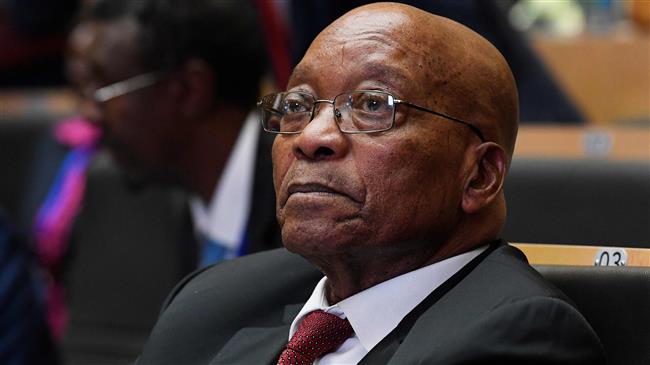



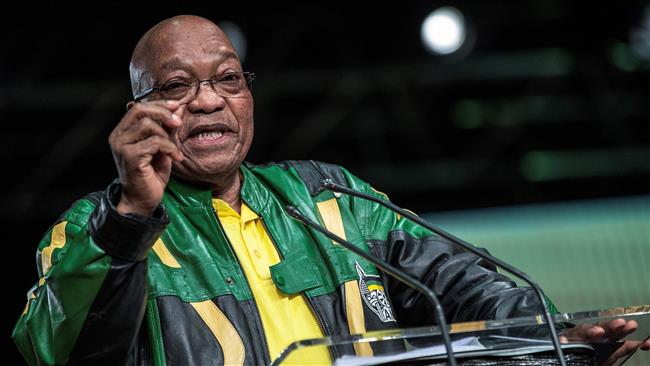
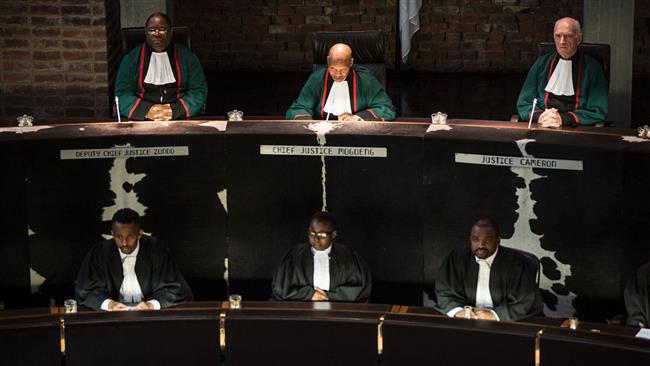
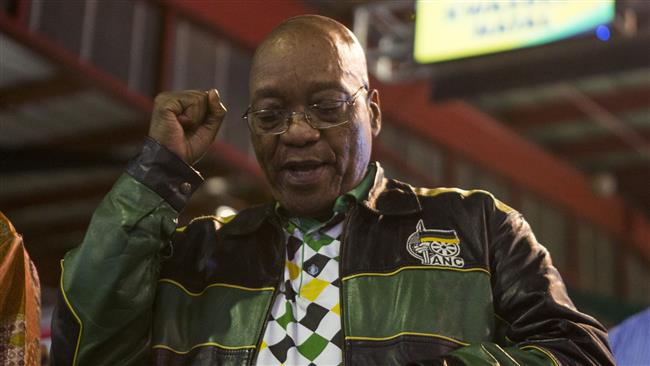

 This makes it easy to access the Press TV website
This makes it easy to access the Press TV website